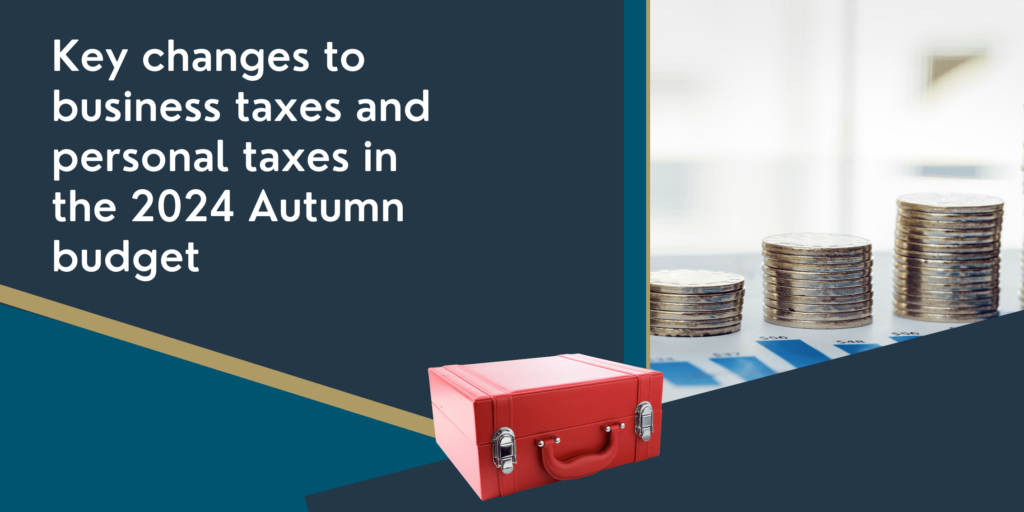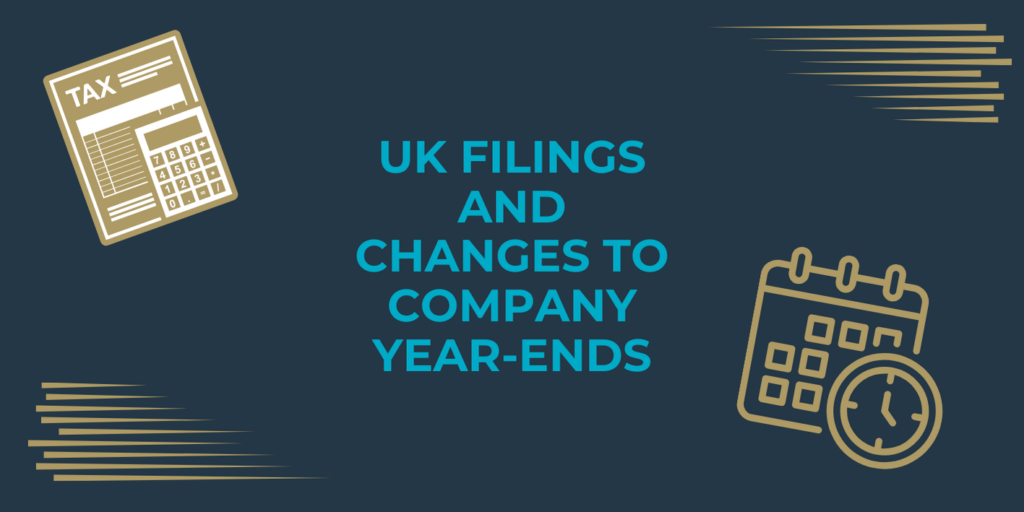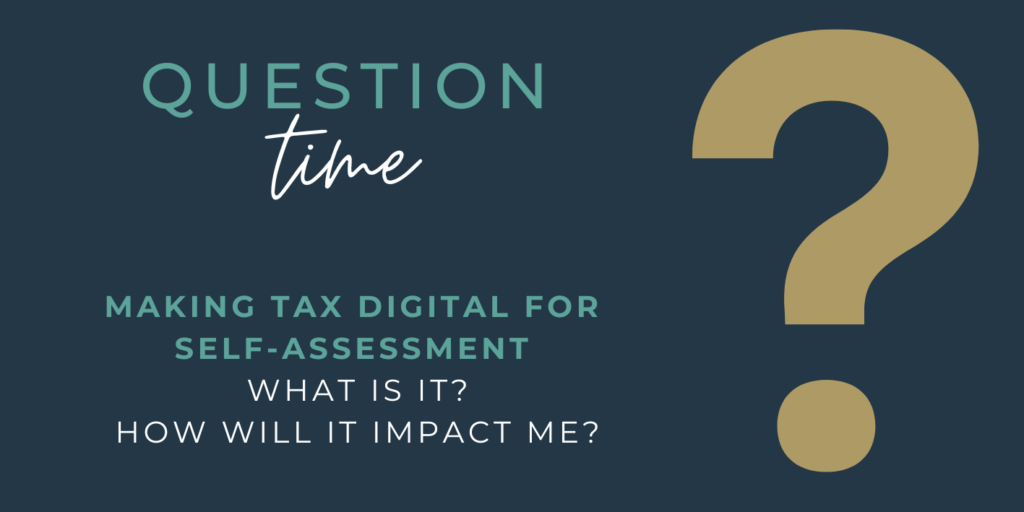Budget 2017
.jpg)
The country looked on as Philip Hammond delivered his first Budget as chancellor earlier this year.
National Insurance contributions for the self-employed, business rates, a boost in funding for existing schools and no hike to so-called ‘sin’ taxes (those placed on cigarettes and alcohol) were the main points hitting the headlines.
Here, we examine some of these key elements and discuss what they will mean for individuals and businesses.
What goes up must come down
One of the main points in the chancellor’s budget was a tax rise for the self-employed. While giving his speech in the Commons on March 8, he announced that the main National Insurance contributions rate (Class 4) paid by the self-employed would rise in the next few years.
The increase was set to leave those worst affected out of pocket by £700 a year by 2019, when the 11% rise would kick in. Such an increase was set to raise £145m a year by 2021/22, the chancellor said.
But the announcement was blasted by critics as it was a clear breach of the government’s manifesto pledge from 2015, which promised not to increase National Insurance for the next five years.
The criticism came from so far and wide that in a spectacular U-turn Mr Hammond announced he was scrapping the tax rise – just a week after delivering the budget.
Prime Minister Theresa May is reported to have told the chancellor that the proposed rise must be axed and just a few hours later he released a letter to fellow Tory MPs saying the move would have breached the manifesto commitment.
The climb-down also called into question the government’s abilities as it prepared for Brexit.
Share and shareholders not so liked
Businesses were hit by a significant blow with the announcement that the tax-free dividend would be reduced from £5,000 to £2,000.
The move came just a year after a big overhaul of dividend rules, which have already had a negative effect on shareholders and directors of small businesses. The reduction is set to make things even more difficult for them in the coming years.
Craig Harman, one of our tax specialists, commented: “On the one hand the government has decreased the corporation tax rate, however shareholders wishing to extract funds from their limited company will then be penalised.”
Don’t pay (too much) for your sins
Another notable headline from the budget included no increase to alcohol or tobacco duties on top of those that have been previously announced. Duties on both ‘sin’ products will rise in line with inflation.
But a new minimum excise duty is being introduced on the cheapest tobacco products, so the cost of cigarettes have gone up.
There was also incentives for savers announced with the introduction of new Investment Guaranteed Growth Bonds. Offered by National Savings and Investments from this month they will pay 2.2% interest.
Breaking down the budget
At Perrys we pride ourselves on offering an exceptional service in all areas of tax – from boiling down the budget to help you decipher what the next fiscal year will mean for your firm, to negotiating corporate finances, we are here to help.
To find out more about how Perrys can boost your business, fill in one of our contact forms and one of the team will get back to you.







